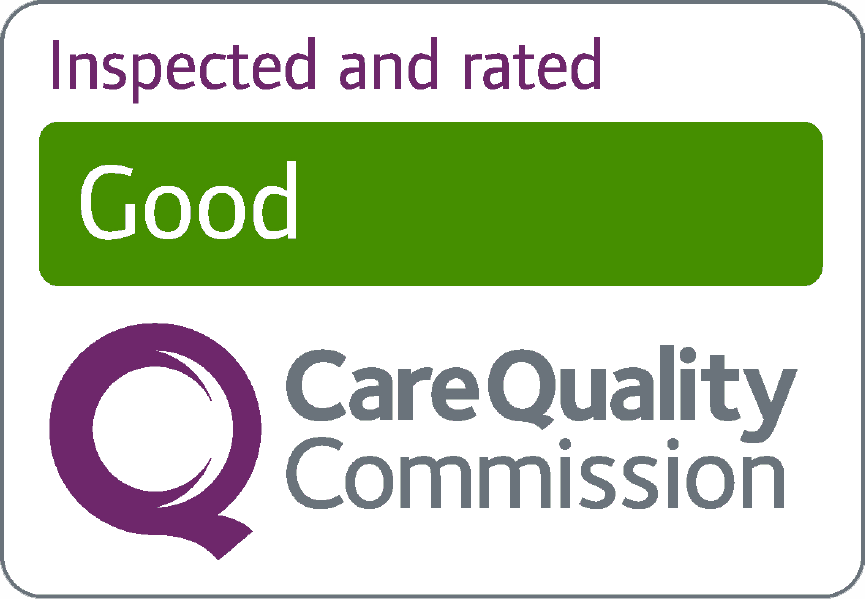
What causes early menopause?
Early menopause can come as a surprise - especially if you're still in your 30s or early 40s. While the average age for menopause is 51, some women experience symptoms much earlier due to a range of health, lifestyle or genetic factors.
Understanding what might trigger early menopause can help you take control of your wellbeing and plan ahead. This article explores the possible causes of early menopause and how to better understand what might be influencing your hormone changes.
What is early menopause?
Early menopause happens when your periods stop before the age of 45. It means your ovaries are producing fewer hormones - particularly oestrogen - earlier than expected. In some cases, it can happen naturally, or it may be triggered by medical treatments or underlying health conditions.
When menopause occurs before the age of 40, it’s often referred to as premature menopause or premature ovarian insufficiency.
What are the common causes of early menopause?
There’s no single reason why early menopause happens - it can be influenced by a combination of health, genetic and lifestyle factors. Some of the more common causes include:
-
Family history – If your mother or sister experienced early menopause, you may be more likely to as well.
-
Autoimmune conditions – Disorders like thyroid disease or rheumatoid arthritis can affect ovarian function.
-
Medical treatments – Chemotherapy, radiotherapy or surgery to remove the ovaries can all trigger early menopause.
-
Genetic conditions – Some chromosomal abnormalities, such as Turner syndrome or Fragile X syndrome, can lead to early ovarian decline.
-
Smoking – Tobacco use has been linked to earlier menopause, possibly due to its impact on hormone production.
-
Low body weight or eating disorders – These can disrupt hormone levels and affect ovulation over time.
In some cases, the cause isn’t clear. That’s why monitoring your hormone levels with the Advanced Menopause Profile can be a useful step in understanding what’s happening in your body.
How do medical conditions affect menopause timing?
Certain medical conditions can impact how your ovaries function, potentially leading to menopause earlier than expected. These conditions may interfere with hormone production or damage ovarian tissue over time.
Some examples include:
-
Autoimmune diseases – Conditions like lupus or Hashimoto’s thyroiditis can cause the immune system to mistakenly attack the ovaries, reducing hormone levels.
-
Chronic infections – In rare cases, infections such as mumps can affect the ovaries and disrupt their function.
-
Epilepsy – Hormone fluctuations can be more pronounced in people with epilepsy, and research suggests they may be at higher risk of early menopause.
-
Cancer treatments – Chemotherapy and radiotherapy can damage ovarian cells, either temporarily or permanently, depending on the type and dosage of treatment.
Understanding how these conditions influence menopause can help guide conversations with your GP - especially if you're experiencing symptoms earlier than expected.
How lifestyle and environmental factors can influence early menopause
Lifestyle and environmental factors can influence the timing of menopause, often by affecting hormone production or ovarian function. These factors don’t always cause early menopause directly, but they may contribute over time:
-
Smoking – Linked to earlier menopause due to its effects on hormone production and blood flow to the ovaries.
-
High levels of stress – Prolonged stress can impact hormone balance, potentially influencing when menopause begins.
-
Dietary habits – Poor nutrition, including deficiencies in essential vitamins and minerals, can affect overall reproductive health.
-
Environmental toxins – Exposure to certain chemicals like pesticides and endocrine disruptors may interfere with hormone regulation.
Being mindful of these factors can help you make informed decisions about your lifestyle to better support your health as you approach menopause.
Can early menopause be prevented?
While there’s no guaranteed way to prevent early menopause, certain steps can help reduce the risk or manage symptoms effectively:
-
Avoid smoking – Quitting or never starting can help preserve ovarian function and reduce the likelihood of early menopause.
-
Manage stress – Practicing relaxation techniques, such as yoga or meditation, may support hormonal balance.
-
Maintain a healthy diet – A balanced diet rich in vitamins and minerals can support overall reproductive health.
-
Regular exercise – Moderate physical activity can improve circulation and hormone regulation, though intense exercise may have the opposite effect.
-
Monitor health conditions – Managing conditions like autoimmune diseases or thyroid imbalances with suitable treatment can help protect your hormonal health.
Staying proactive about these factors won’t guarantee prevention but can certainly support your body’s natural processes and help delay the onset of menopause.
Monitoring your hormone levels for better understanding
If you're experiencing symptoms that may be related to early menopause and want clarity, booking a private Advanced Menopause Profile blood test can offer peace of mind.
At Bluecrest Wellness, this comprehensive package provides insights into five key female hormones and includes a private GP consultation to discuss your symptoms. It can help determine if you're experiencing menopause and guide you in planning your treatment options, such as hormone replacement therapy (HRT).
We offer convenient appointments across the UK, allowing you to book your menopause blood test at a time and location that suits you. You'll receive fast, efficient and accurate results, as we work with leading UK laboratories and are fully accredited for a wide range of private blood checks.
BOOK A PRIVATE ADVANCED MENOPAUSE PROFILE TEST TODAY













